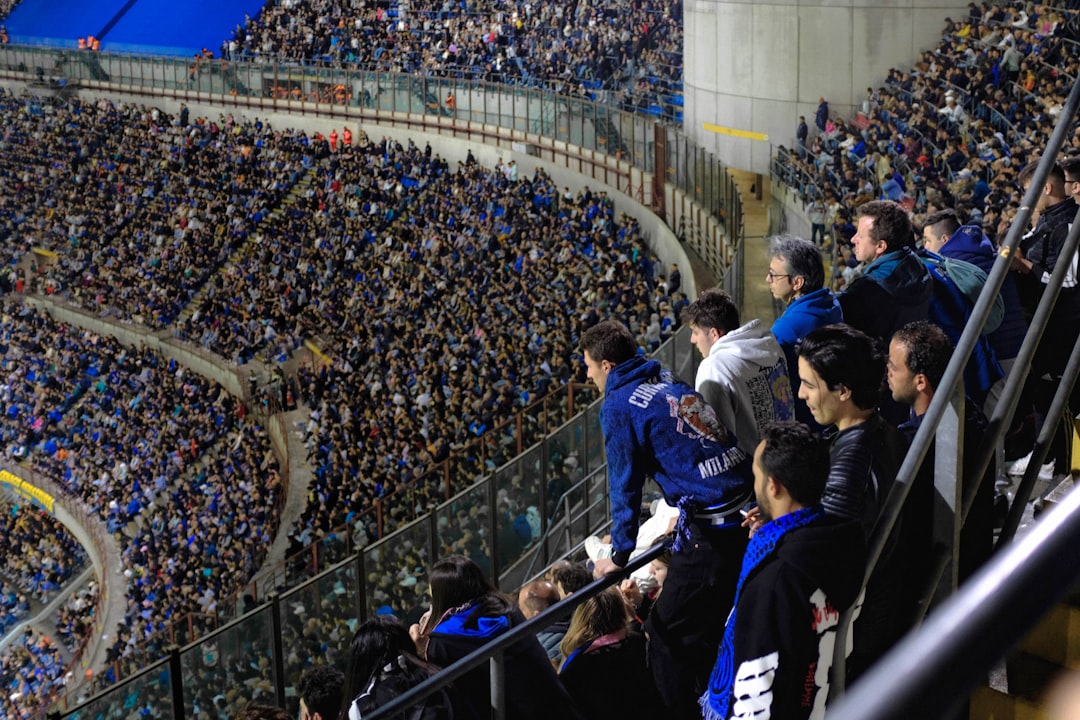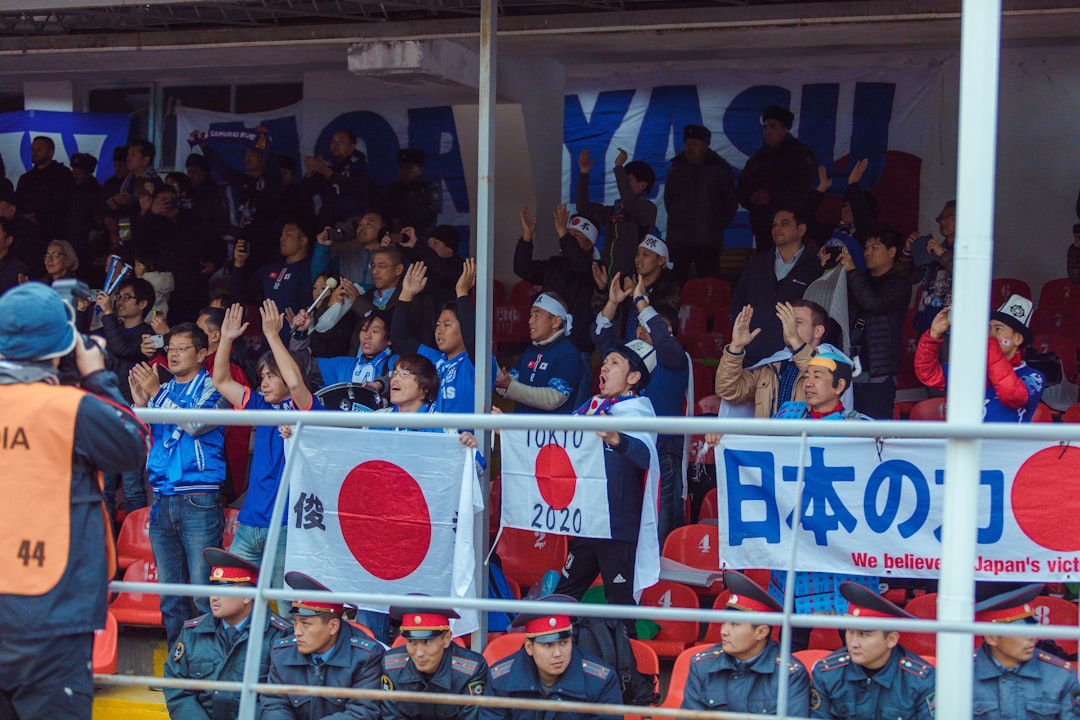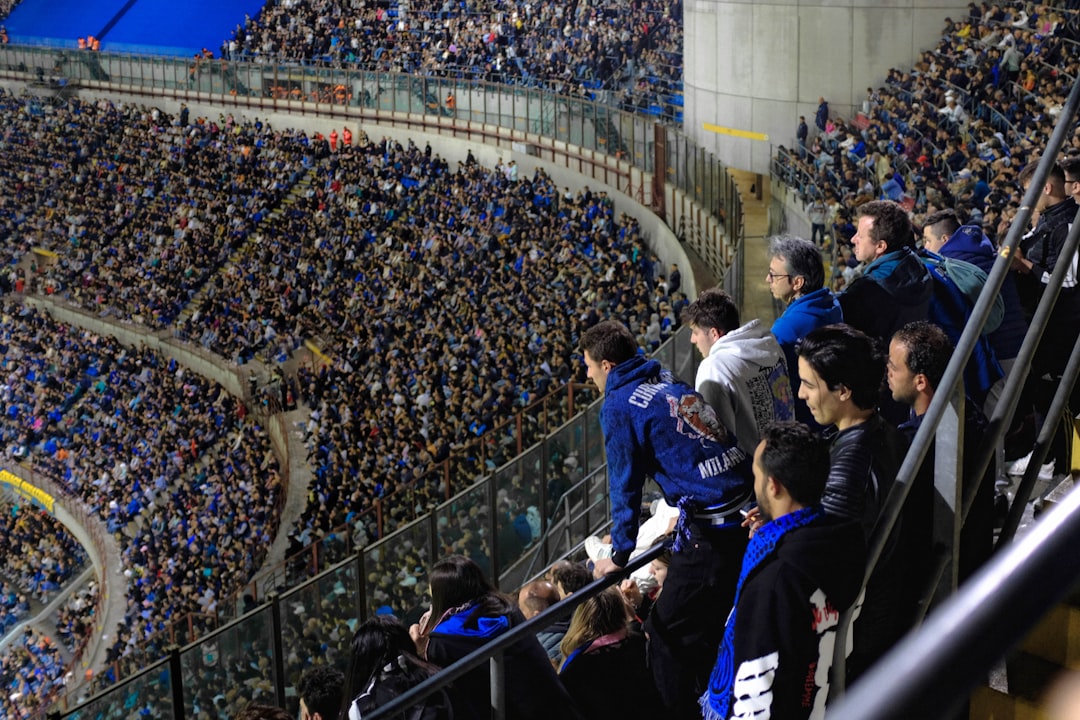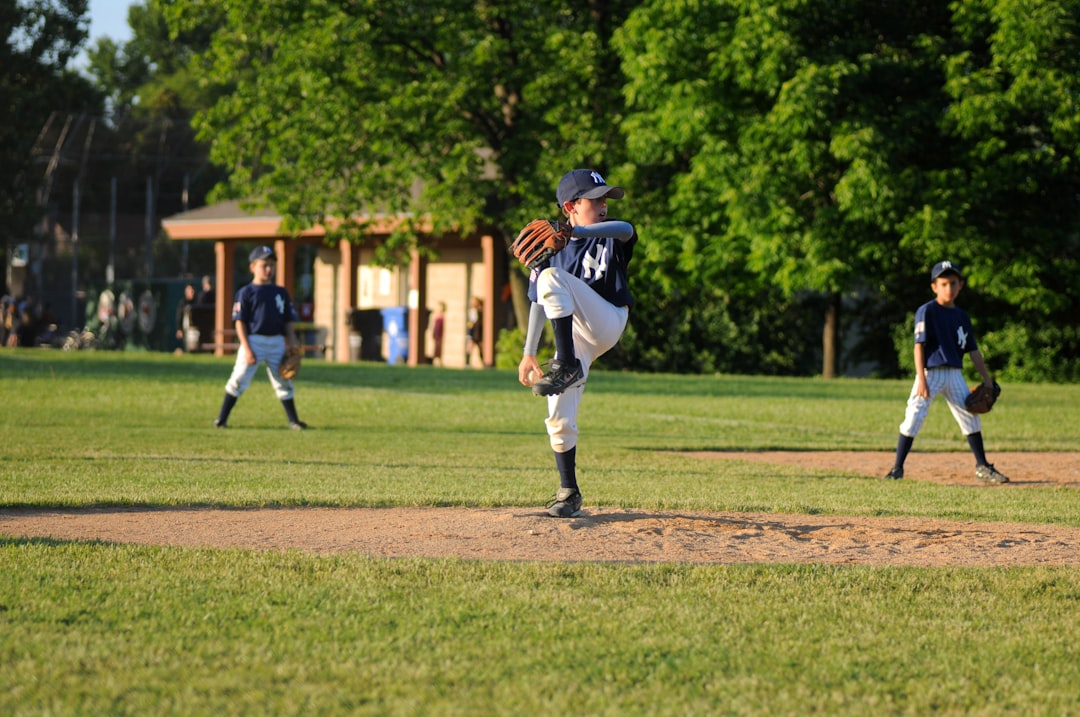Baseball in Japan is more than just a sport — it’s a cultural phenomenon tied deeply into the nation’s identity. Known as yakyū, Japanese baseball has roots dating back to the late 1800s and has evolved into one of the most passionately followed sports across the islands. Japanese baseball teams are noted not only for their competitive spirit but also for their tradition, fan loyalty, and remarkable precision in both player development and game execution.
There are twelve professional teams in Nippon Professional Baseball (NPB), Japan’s highest level of the game. These are split into two leagues: the Central League and the Pacific League. While all teams foster loyal followers, a few stand out due to their success, history, and memorable players. Below is an in-depth look into some of Japan’s most iconic teams, their key players, and what makes them fan favorites.
Yomiuri Giants
Often likened to the New York Yankees, the Yomiuri Giants are based in Tokyo and are Japan’s most successful and recognizable baseball team. Founded in 1934, they have won over 20 Japan Series championships, setting the standard for excellence in NPB.
Key players in the team’s storied history include:
- Sadaharu Oh – The legendary slugger holds the world record for career home runs with 868, and is beloved not only in Japan but globally.
- Shun Yamaguchi – A recent standout pitcher who transitioned to MLB and then came back to the NPB, showing the international caliber of the team’s talents.
Giants fans are known for their intense loyalty, filling the Tokyo Dome with a sea of orange and black. The team’s polished image and historical dominance bring a prestige unmatched by most other Japanese teams.

Hanshin Tigers
Another iconic team, the Hanshin Tigers, have a storied rivalry with the Yomiuri Giants — often referred to as Japan’s version of the Red Sox vs. Yankees feud. Based in Nishinomiya, near Osaka, the team plays its home games at the historic Koshien Stadium, a baseball shrine in its own right.
Despite having fewer championships, the Tigers have one of the most passionate fanbases in Japan. Fans often engage in dedicated chants, balloon releases during the seventh inning stretch, and follow the team with cult-like devotion.
Key players include:
- Randy Bass – An American slugger who became a legend in Japan during the 1980s and still enjoys cult hero status.
- Kento Itohara – A modern infielder known for his consistency and leadership.
The Hanshin Tigers are sometimes called the “people’s team” and represent the Kansai region’s fiery pride and humor.
Fukuoka SoftBank Hawks
In recent years, the SoftBank Hawks have emerged as a powerhouse in Japanese baseball. Based in Fukuoka, they play in the Pacific League and have dominated the league with multiple titles in the 2010s.
With a balance of homegrown talent and international stars, the Hawks are known for their elite pitching rotation and high-powered offense.
Notable players:
- Yuki Yanagita – A five-tool outfielder who has been a cornerstone of the team’s success.
- Alfredo Despaigne – A Cuban slugger who brings power and international flair to the squad.
Fukuoka fans are incredibly proud of their team, and the PayPay Dome becomes an electric arena on game nights.

Hokkaido Nippon-Ham Fighters
Relocated to Sapporo from Tokyo in 2004, the Nippon-Ham Fighters have successfully built a new identity in Hokkaido. Their success in player development is particularly notable, having produced international superstars like Yu Darvish and Shohei Ohtani.
The team’s modern stadium, the ES CON Field (opened in 2023), symbolizes the vibrant and innovative future of NPB.
Key Players:
- Chusei Mannami – A current outfielder known for his agility and potential.
- Takayuki Kato – A reliable starting pitcher who anchors the rotation.
The Fighters’ fan base, while relatively young, is quickly growing and is energized by the team’s willingness to embrace new strategies and technologies.
Fan Culture and Traditions
Japanese baseball is known worldwide for its distinct fan culture. Supporters bring drums, trumpets, and organized chants to every game, creating a festive and communal atmosphere. Each team also has specific rituals and songs — for example, the Tigers’ balloon release or the Giants’ celebratory march after home runs.
The fan sections are organized as “cheering squads,” and both home and visiting teams have designated cheering areas in stadiums, allowing for a more vibrant and respectful rivalry.
Key Differences Between NPB and MLB
While similar in many aspects, Japanese baseball offers a few unique elements that distinguish it from MLB:
- Smaller Ballparks – Japanese stadiums are generally smaller, fostering closer interactions between players and fans.
- Gameplay Focus – NPB emphasizes small-ball strategies like bunting, hit-and-run plays, and situational hitting.
- Game Length – Regular-season games can end in a tie after 12 innings, adding strategy to late-game situations.

Emerging Teams and Players to Watch
While the Giants, Tigers, and Hawks dominate headlines, other teams are steadily growing in quality and popularity. The Chiba Lotte Marines and Tohoku Rakuten Golden Eagles are building strong rosters and attracting nationwide attention with exciting young players.
Roki Sasaki of the Marines, known as “The Monster of Reiwa,” is a pitching prodigy already drawing global interest. His perfect game in 2022 was one of the most watched and celebrated events in modern NPB history.
As Japanese baseball continues to evolve, the blend of tradition and innovation ensures the sport remains close to the hearts of millions. With new players emerging, stadiums upgrading, and fans never losing their fervor, the future of baseball in Japan is as exciting as ever.
Frequently Asked Questions (FAQ)
-
Q: How many professional baseball teams are there in Japan?
A: There are 12 teams divided into two leagues: the Central League and the Pacific League. -
Q: Who is considered the best Japanese baseball player of all time?
A: Many consider Sadaharu Oh, who hit a world-record 868 home runs during his career, as the greatest. -
Q: How is Japanese baseball different from MLB?
A: Japanese baseball often focuses more on precision and tactics like bunting and base stealing. Games can end in a tie, and stadiums are generally smaller. -
Q: Do Japanese baseball players go to the MLB?
A: Yes, several Japanese stars like Shohei Ohtani, Yu Darvish, and Ichiro Suzuki have had legendary careers in Major League Baseball. -
Q: What is the most popular Japanese baseball team?
A: The Yomiuri Giants are widely considered the most popular and successful team in Japan.
